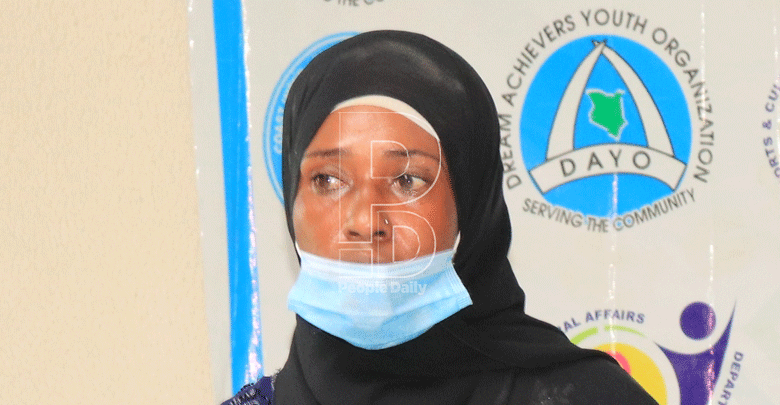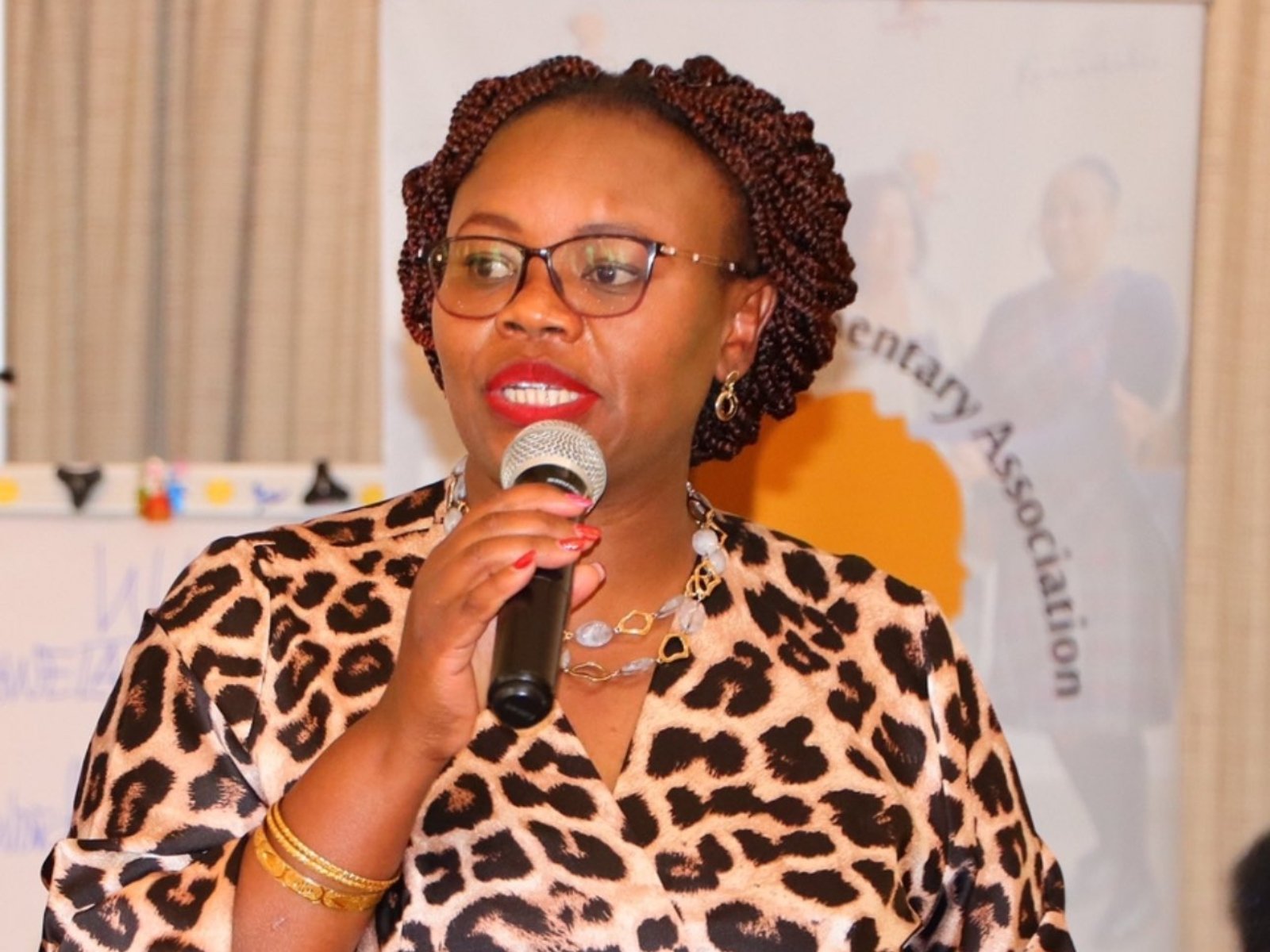To hell and back: Jalal’s fall into drugs and redemption

Faiza Jalal looks confident as she takes a front seat at a packed youth forum. She is a reformed drug addict and a peer educator.
The 34-year-old mother of two narrates her decade-long journey to sobriety from living in the clutches of intoxication. She had been hooked to heroin.
Jalal says she was driven into drugs by conflicts between her parents that escalated into violence and divorce.
At only 12, Jalal had to drop out of school and run away from home in Busia county when her mother turned her anger on her after the divorce.
How she found herself in the streets of Mombasa is another story.
Mwembe Tayari Market building, which was then abandoned after a fire destroyed a section of it, became her new home. The area was inhabited by street families and drug addicts.
“I was trapped in drugs for a decade. Drugs shattered my dreams. My only strive was how I could get fix,” Jalal says during the interview.
And with the cruelty that comes with homelessness, Jalal developed a thick skin. Her close friends were street people.
She later graduated to hard drugs.
“One of my friends would get high and feel good. Out of curiosity I experimented his lifestyle.
One day he injected me with heroin and from that day I was hooked,” she narrates.
She was constantly high and falling into the depths of hopelessness. She was ready to do anything to earn money for drugs.
“I went through a lot of pain and suffering. I remember when the police raided Old Mwembe Tayari market to net drug users, I jumped from the third floor and broke my limbs.
My two friends who jumped with me suffered severe spinal injuries and died two months later,” she recalls.
Her turning point came when the Reachout Centre Trust convinced her to join a rehabilitation programme.
She was placed on a methadone programme and after a while, she recovered. Free from drugs and full of energy, Jalal bounced back to life.
“I thought I would never reclaim my dreams until Reachout Centre Trust saved my life.
I have been breathing fresh air since,” she adds, thanking Reachout’s Executive Director Taib Abdurahman for giving her a new lease of life.
“Taib Abdurahman of Reachout made me a peer educator after I finished the rehabilitation. I get Sh6,000 per month from the work which supports me,” she narrates.
She has reached out to more than 30 drug addicts so far. She says women rehabs are few in Mombasa although there many women who need help.
Second chance
“Most women drug users go through sexual abuse. They are forced to live in the drug dens with their children. I appeal for a women rehabilitation centre in Mombasa,” she says.
Reachout supports more than 100 reformed drug users.
Jalal is seeking help to secure a better paying job to improve her life and take care of her children.
“When I get the monthly pay from Reachout, I send something little to my children at home. The rest I use to buy food and pay rent,” said Faiza.
She appeals to the youth to avoid drugs, saying they ruin lives. “When you are hooked to drugs, all your friends will run away and the stigma will start eating you up.”
She hopes to get married one day.
“We decided to give Jalal a second chance at life. She is now part of Reachout Trust as a peer educator,” Tom Fondo says.
Abdurahman says about 10 football players who played for local clubs are under rehabilitation at the centre in Likoni.
“This shows how drugs and substance abuse has affected sports as well as youths and women who could be reproductive citizens,” said Abdurrahman.
The National Authority for the Campaign Against Drugs Abuse (Nacada) Coast chairman George Karisa warned the port city is on the verge of losing control of the vice that has consumed the most productive generation that ranges from 15 and 40 years. He says the shortage of methadone had frustrated efforts to rehabilitate more addicts.
“The doses are minimal and the process of administering requires a lot of induction,” he said.
“We have more than 10,000 heroin users in Mombasa alone. Kisauni is leading with more than 5,000 while Mvita is second with at least 3,000 users. If we are not careful, the situation will get out of hand.”
Data from Nacada shows that Mombasa is leading in abuse of at least one substance with 323,143 persons (34 per cent of its population) followed by Lamu with 32,492 (32 per cent of its population).










